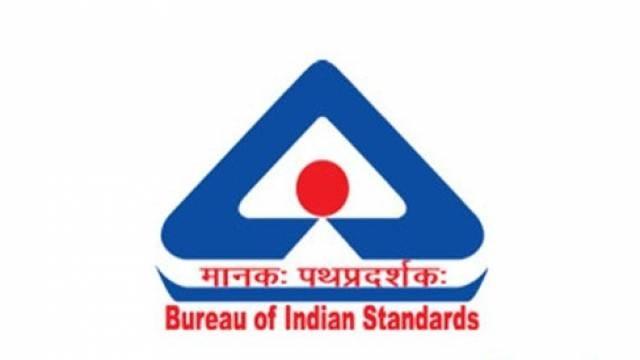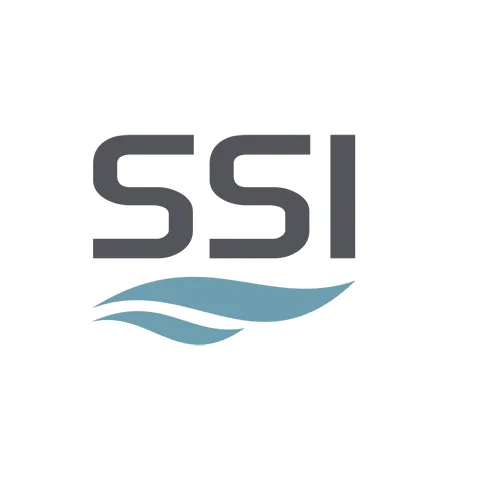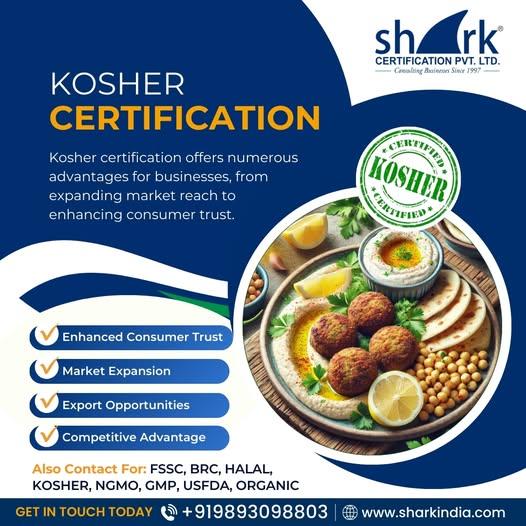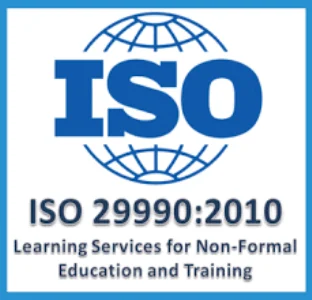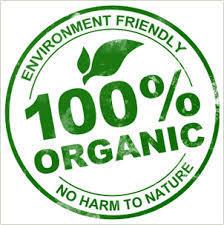Promoting organic production standards to meet consumer demand
BUSINESS CHALLENGE
Increased cases of unsafe food due to over use of chemical fertilizers and chemicals in food production system, has created an increasing worldwide demand for organic food. The challenge facing the organic agriculture industry is to produce foodstuffs and agricultural products using methods, which respect the environment and animal welfare. Globally, these demands are defined by regulations, particularly in those countries, which consume organic products. The principal standards are NPOP standard (India Organic- APEDA), EU Regulation 834/2007 and the US National Organic Program (NOP). To take into account the regulations in place, the certification scheme depends both on the country of production and the country of destination.
This certification is aimed at producer organizations or members of food industries who want to commercialize organic products for a particular market. The organic certification considered as a guarantee of quality and safety by the consumers.
What is Organic Certification?
Organic certification is a nationally and internationally recognized set of standards aimed at proving that agricultural and food products have been produced without the use of synthetic chemical products, while using methods, which respect the environment and animal welfare. Organic requirements involve a set of production specifications for growing, storage, processing, packaging and shipping. All organic assessment and qualification references require control and certification by an accredited independent body.
Organic Certification Requirements vary from country to country and generally involve a set of production standards for growing, storage, processing, packaging and shipping that include:
avoidance of synthetic chemical inputs (e.g. fertilizer, pesticides, antibiotics, food additives), irradiation, and the use of sewage sludge;
avoidance of genetically modified seed;
use of farmland that has been free from prohibited chemical inputs for a number of years (often, three or more);
for livestock, adhering to specific requirements for feed, housing, and breeding;
keeping detailed written production and sales records (audit trail);
maintaining strict physical separation of organic products from non-certified products;
Undergoing periodic on-site inspections.
Certified organic foods are not necessarily pesticide-free, certain pesticides are allowed.
What are the key benefits?
Demonstrate Organic Standards compliance of products to clients (retailers, traders, importers)
Inspire consumer confidence
Ensure greater access to existing and target markets
Help protect the environment from harmful products and processes
Preserve animal welfare
WHY CHOOSE SCPL
We are working with USOCA that is accredited for certification according to the NPOP, Swiss, European and NOP (USDA) organic production standard.
With the NPOP, the client will also get certificate for Swiss and European Organic certification (EU Regulation No. 834/2007), which will make it recognized by all European Union member countries. In order to access the US market, you have to certify your products to the National Organic Program (NOP).
Price: 0 |
Payment Type: |
Available: False |
COD Available: False |
KYC Status: FAILED
Send Message

